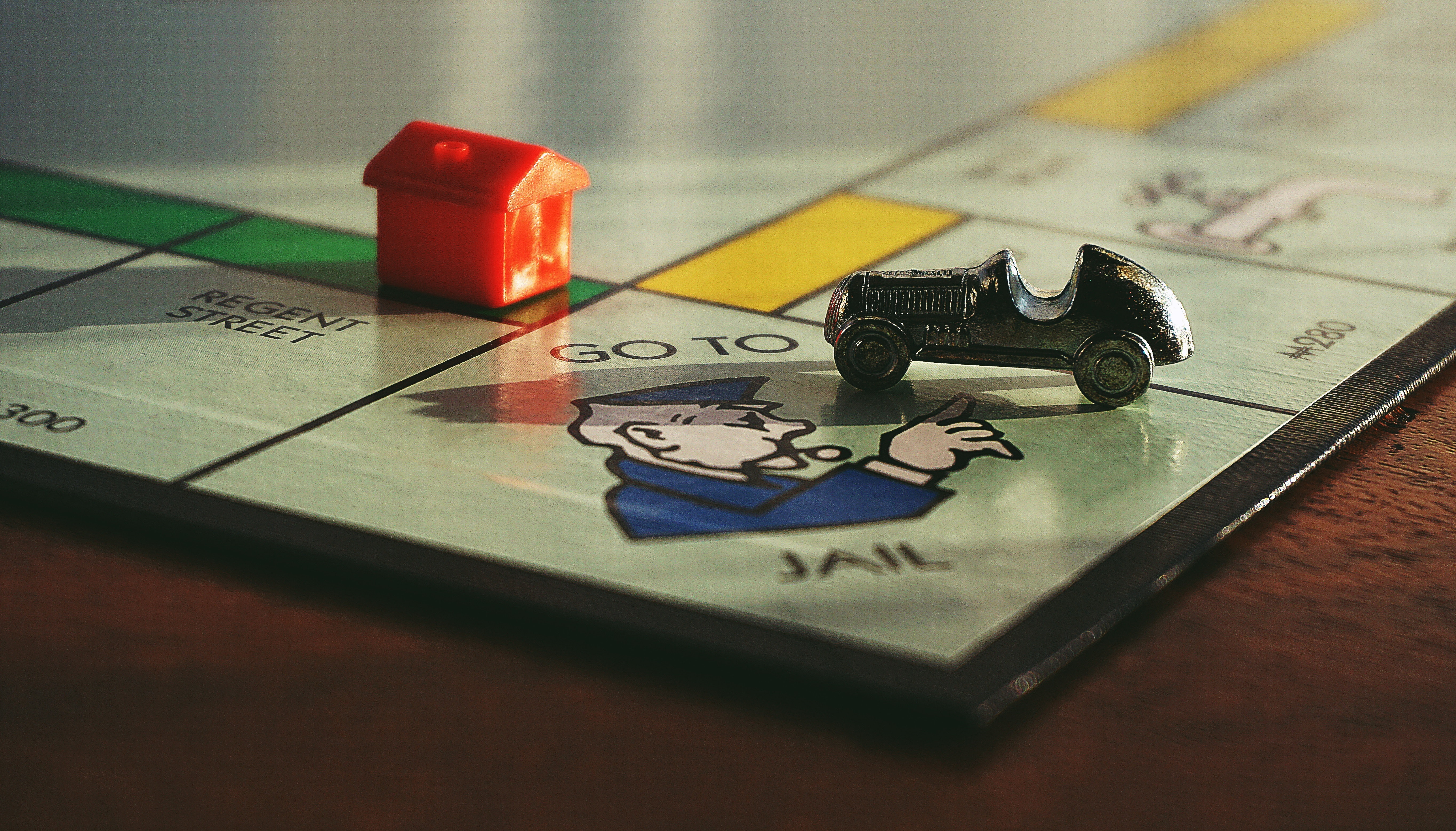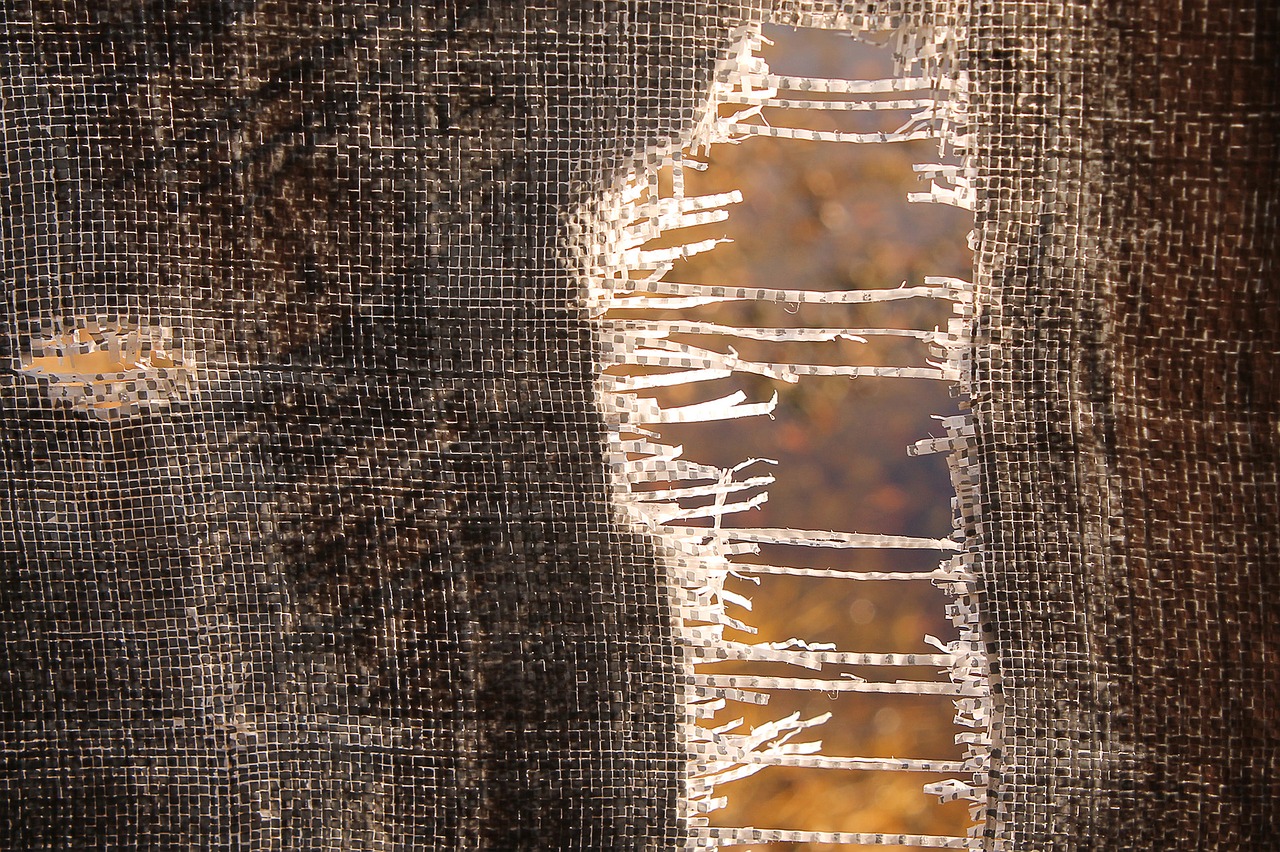‘Sorry seems to be the hardest word’
In a recent article published in the prestigious Oxford Journal of Legal Studies, Gijs van Dijck, professor of Private Law at Maastricht University, examined whether court-ordered apologies serve a purpose. The common assumption is that apologies only matter if they are offered with sincerity, which is rarely the case in a courtroom setting. Another argument against court-ordered apologies involves freedom of expression – a right that is believed to be violated if a person is forced to apologise. For this reason, courts rarely order apologies, which is unfortunate according to Van Dijck.
Examples
Gijs van Dijck: 'Allow me to share some examples: an employee is suspected of theft. The employer fails to investigate the issue properly and fires the employee. The employee's reputation has been damaged, so he takes the employer to court, demands his job back and wants an apology. A homosexual man feels discriminated against by comments made by a radio host and wants an apology. Should a judge order an apology in these cases?'
Sincerity
Psychological research has shown that apologies can contribute to the wellbeing of the recipient. Nevertheless, the legal domain and society as a whole shares the conviction that apologies only serve a purpose if they are sincere. This is why many judges struggle to order someone to apologise. Van Dijck examined whether insincere and forced apologies serve a purpose. Apparently, they do. The second argument against forced apologies is that they violate the right to freedom of expression. This not only includes freedom of speech, it also includes the freedom NOT to speak. According to Van Dijck, that freedom is not an absolute right and should therefore not stand in the way of an apology, especially one for which there is a legal basis. This gives judges the opportunity to overrule an individual's freedom of expression. That said, the apology must be proportionate to the crime. Van Dijck: ‘Forcing the employer or the radio host to spend a week on a market square with a sign around his neck saying 'I was wrong' is obviously disproportionate’.
Functions
While Van Dijck certainly understands the importance of sincerity, his research reveals that apologies also serve a different function. 'Sending a certain signal is one of them,' he says. 'If the judge forces someone to apologise, he's sending a clear signal that something is not tolerated. Validation is another function: a formal apology officially acknowledges the disadvantaged party and takes their claim seriously. The third function involves restoring the social balance. Think of a child who is forced to apologise to another child at school. In this case, the behaviour is addressed and balance is restored between the children. The same is true of adults.'
Rarely ordered
Van Dijck found that apologies are rarely ordered in private law: only about 100 of every 100,000 cases end in an apology. Not only because judges struggle to require forced apologies, but also because lawyers tend to focus on monetary claims and outcomes. They rather concentrate on settling the case financially than on resolving psychological needs. In addition, lawyers are expensive, which means you would have to be willing to spend a hefty sum of money to get your apology. Of the few cases in which apologies were required, roughly 90% involved a retraction that includes an apology. Surprisingly, in cases in which such retractions are demanded, judges regularly remove the sentence that requires an apology, even if the counterparty does not object to it. Again, this is because of concerns regarding sincerity and freedom of expression. Van Dijck's research refutes these arguments and provides arguments for more coerced apologies in the future.
Also read
-
Many European borders were closed this spring simply because governments were unable to make agreements about the various national corona measures, and not primarily due to public health considerations. This is the conclusion of the annual Cross-Border Impact Assessment by the Institute for...
-
For the research group led by Susan Rutten, professor of Islamic Family Law in a European Context at Maastricht University (UM), in recent weeks, everything has fallen into place. Partly in response to the recommendations of their MARICAP study, the Dutch minister of legal protection Sander Dekker...


